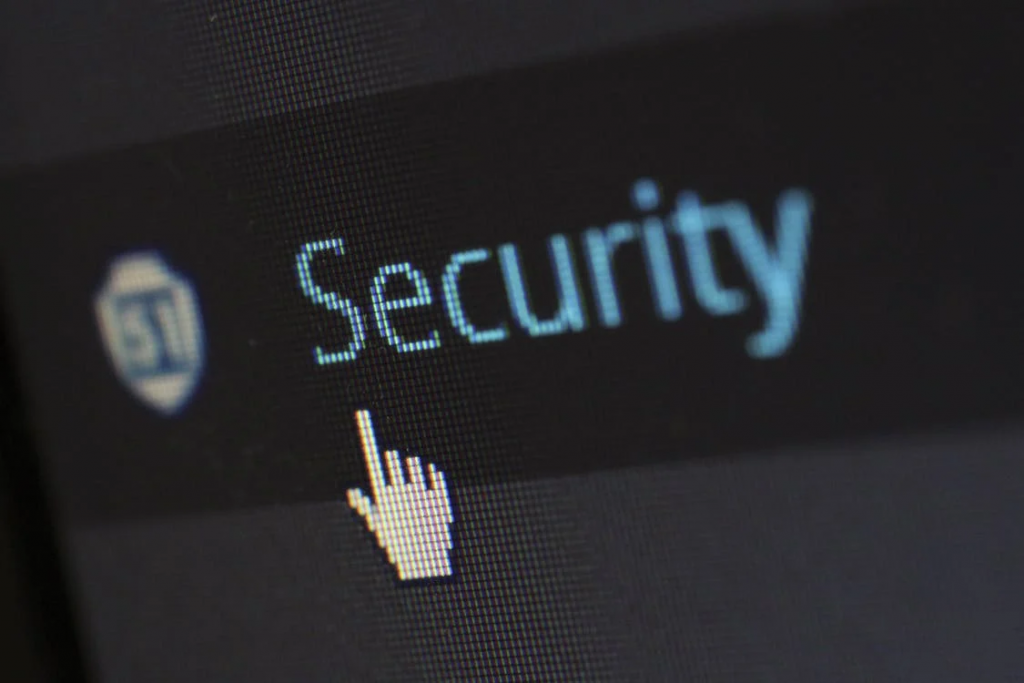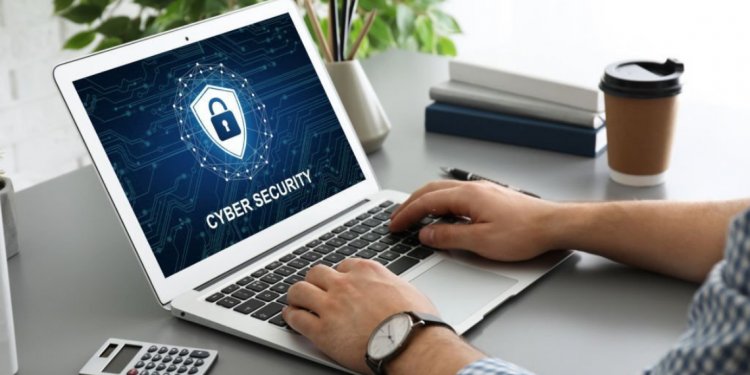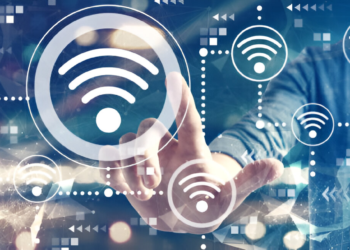Cybersecurity is one of the most important aspects of modern life. It is essential to protect ourselves from hackers and other malicious actors who may wish to exploit our personal information or cause physical harm.

Cybersecurity is a rapidly growing industry, with new threats emerging all the time. The best way to stay safe is to be aware of the dangers and take steps like having strongDM to protect yourself and your data.
In this article, we’ll discuss some amazing cybersecurity facts, so people can keep themselves aware of all the possible attacks. One way of protection is to have a Chrome extensions VPN. We’ll discuss the VPN for Google Chrome later, along with answering the following questions:
- What is interesting about cybersecurity?
- Did you know facts about cybersecurity?
- What is the most common way hackers find information?
- Which is the best free VPN for Chrome?
So, if you are also interested in learning about cyberattack statistics, then keep reading this article!
15 Amazing Cybersecurity Facts:
Human Error:
Cyber security has never been more important, and yet, companies are still making the same mistakes. According to cybersecurity statistics and a study by Verizon, it was found that human error (about 85%) is one of the biggest reasons for cyberattacks.
Employees clicking on malicious links, opening infected emails, and using weak passwords are some of the biggest culprits.
Kevin David Mitnick:
Kevin David Mitnick is an American computer security consultant, writer, and hacker. In the early 1990s, he was convicted of various computer crimes and served five years in prison. He is still considered the most wanted criminal and hacker in United States history.
Number is Going up:
The number of hackers’ attacks are growing day by day. Even though there are great security measurements taken, hackers are also adopting new ways to steal data. The year 2017 has been called the worst year for data breaches worldwide.
Attacks can be Avoided:
According to a study, it is said that 93% of attacks can be avoided by just taking simple steps. These can include updating the software regularly, using a free VPN, having an antivirus, and so on.
The most reliable one is to install VPN. A virtual private network is a secure connection between two or more devices. It creates an encrypted tunnel between your device and the VPN server, preventing anyone on the internet from seeing your data or tracking your activity.
VPNs are used for a variety of reasons, including protecting your privacy, accessing blocked content, and bypassing geographic restrictions. We recommend people to use the VeePN extension for advanced security. People can also opt in for the VeePN free trial.
Ransomware:
Ransomware is the most dangerous and leading technique in the cyber world. A ransomware attack occurs when a malware encrypts files on a user’s computer and then demands a ransom payment to unlock them.
This type of attack has been increasing in popularity, with ransomware becoming the most common type of malware in recent years. It is also said that a Ransomware attack happens every 10 seconds.
Phishing Emails:
Phishing emails are a popular way for cybercriminals to gain access to people’s computers and networks. In 2017, it is said that about 91% of cyber attacks began with a phishing email. Phishers use fake emails or websites to try and steal people’s personal information, such as passwords and credit card numbers.
Phishing is a very effective way to steal information because many people don’t know how to spot a fake email. One way to protect yourself from phishing emails is to be aware of the common signs that an email may be fake.
Cost $10.5 Trillion by 2025:
Cyber-crime is evolving at a rapid pace and the damages it will cost the world are estimated to be $10.5 trillion annually by 2025. This is more than the GDP of many countries on Earth.
Financial Institutions:
Another fact is that financial organizations are the biggest targets of cyber attacks. Financial institutions have a lot of valuable data that hackers want to get their hands on. This includes customer data, credit card information, and account passwords.
Target Social Media Users:
According to a recent study, hackers often target social media users. Out of all the types of cyber attacks, social media attacks are the most common. In fact, almost two-thirds of all social media attacks occur through phishing scams.
To protect yourself from social media attacks, it’s important to be aware of the dangers and stay vigilant.
MyDoom:
MyDoom is the most expensive computer virus, costing $38.5 billion. The virus was first discovered in 2004 and caused massive damage to computers all over the world. It’s believed that the virus was created by Russian hackers as a way to attack companies and organizations.
Attack in Every 39 Seconds:
There is a hacker attack every 39 seconds, researched by the University of Maryland. That’s a lot of attacks in a day! And it’s not just businesses that are at risk, but individuals as well.
Target Small Businesses:
According to recent studies, 43% of all cyber attacks target small businesses. This means that if you’re a small business owner, you’re more likely to be targeted by hackers just like larger businesses.
Covid-19 Pandemic:
During the Covid-19 pandemic, people all over the world turned to virtual workspaces. Hackers took advantage of this and increased the attack ratio to almost 300%, according to the US FBI.
9.7M Healthcare Records Compromised:
September 2020 was a bad month for cybersecurity. In that month alone, 9.7 million healthcare records were compromised in 83 data breaches. This is a disturbing trend, as healthcare organizations are becoming increasingly attractive targets for cybercriminals.
Organizations Don’t Have Plans:
One of the studies found that 77 percent of organizations do not have a Cybersecurity Incident Response plan. This is troubling because if an incident does occur, the organization will be unprepared to deal with it.
In conclusion, cybersecurity is a vital aspect of our lives that should not be taken lightly. We encourage people to learn more about cybersecurity and how they can protect themselves online.





